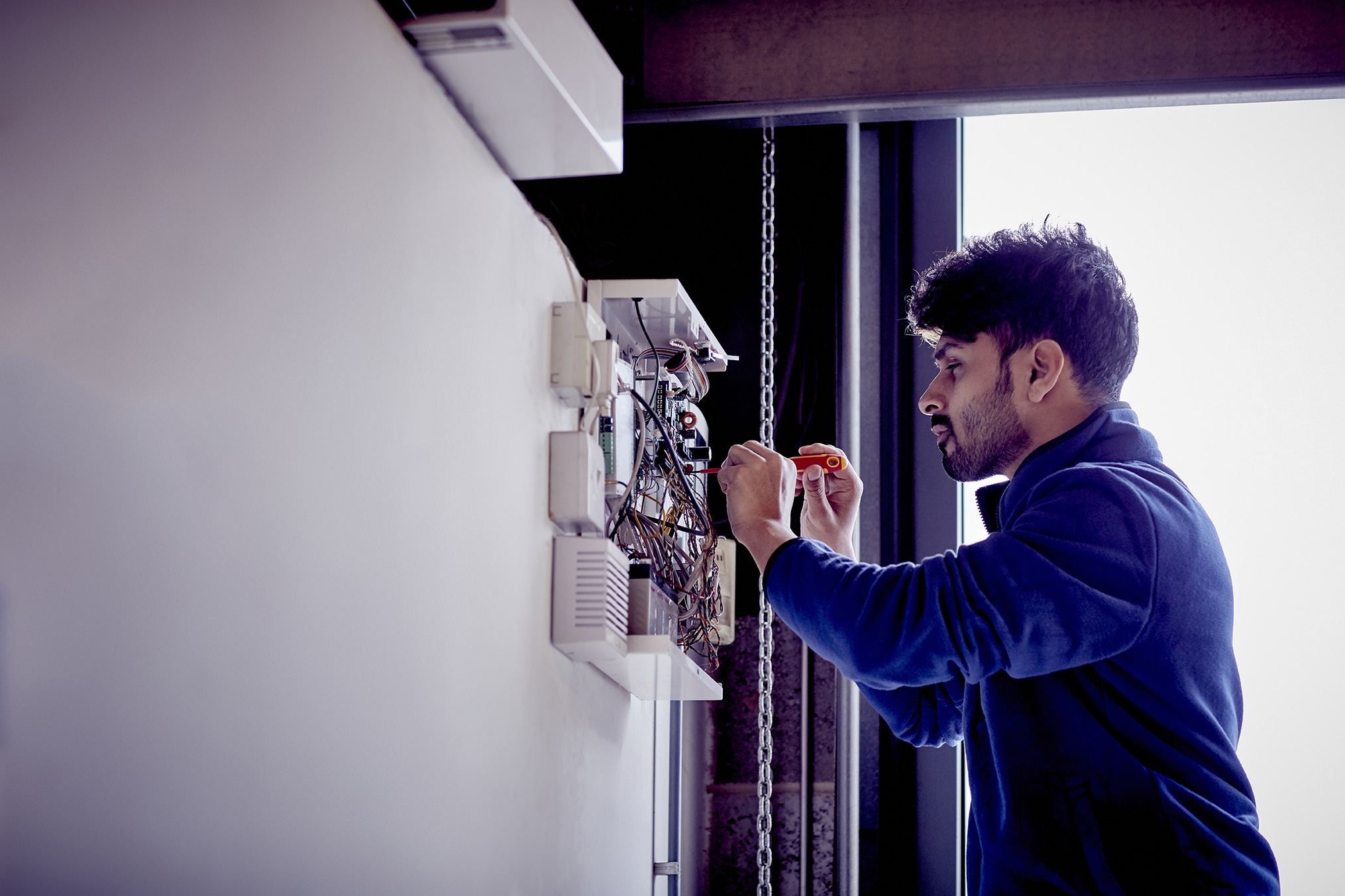
Nick Whiting, Head of BT Redcare calls for companies of all sizes to work together for the good of the security industry.
Every industry is a living, breathing ecosystem; a web of organisations all interconnected to deliver for the end customer. In the security sector, for example, vendors are reliant on a supporting chain of installers and alarm receiving centres (ARCs). Without them, the web falls apart and the industry falters.
There’s an argument to be made, then, that larger organisations have a duty to help out smaller companies to ensure the industry continues to operate as an organic whole. Just as in Aesop’s fable of the lion and the mouse, companies are never too big – or too small – to collaborate and support each other in pursuit of a common goal. And right now, vendors, installers and their customers all face the same challenge.
Pending switch-off
The UK’s fire and security alarm signalling infrastructure is undergoing a huge change. Many of the country’s legacy alarm systems are reliant on the current copper-based public switched telephone network (PSTN) to send their alarm signals. More than 60 years old, the network was originally designed purely for voice calls. The copper network has been co-opted for the delivery of broadband services and is simply no longer up to the task. For this reason and the fact that the network is becoming more difficult to maintain, the PSTN is due to be switched off on 31st December 2025. It will be replaced by a more robust and scalable digital phone line network, with voice communications using broadband services delivered by fibre connectivity.
But, although many exchanges around the country have already begun to replace copper with fibre, a large number of small and medium-sized companies have yet to prepare for the move to an all-IP environment. The consequences of this for those still using legacy alarm systems are serious. It’s critical, then, that suppliers and installers educate their customers on the importance of switching to an IP-based communication solution and why investing now will mean they’re fully prepared for an all-IP future.
Introducing ECHO
The PSTN switch-off, which has already begun and will complete in 2025, isn’t the only change currently facing the security industry. In a bid to reduce delays in despatching blue light responders to emergencies, a not-for-profit organisation – led by the British Security Industry Association, the National Security Inspectorate, the Fire Industry Association and the Fire and Security Association – has overseen the development of a new form of digital automated alarm delivery.
The Electronic Call Handling Operations (ECHO) initiative is designed to digitise, standardise and streamline the transmission of alarm signals to the emergency services. Cutting response times by up to four minutes when compared to traditional human call handling, ECHO has the potential to vastly improve the time taken for services to arrive at an emergency. But as more emergency services connect to the ECHO system in the coming years, the wider fire and security ecosystem must also ensure that it’s ECHO-ready – especially as notifications from non-ECHO intruder and hold-up alarm systems will not be prioritised.
As with the transition from copper to all-IP communications, installers have an essential role to play in educating their customers and ensuring they are fitted with new and upgraded alarm signalling systems that meet ECHO requirements.
Access and support
It’s clear, then, that installers are a critical component of the country’s safety and security. As such, it’s vital they have access to solutions that are compatible with the latest requirements, such as ECHO-ready systems from certified vendors, or next-generation all-IP alarm and monitoring systems, in order to be able to future-proof their customers and unlock new opportunities.
Often, though, access to the latest hardware may not be enough. Ongoing support and development have an important part to play in enabling installers to stay abreast of the features and benefits of a particular vendor’s alarm signalling products. By providing resources and tools such as brochures, technical documents, installation guides and training videos, a vendor can ensure its installer ecosystem is fully equipped with the knowledge and skills needed to get the job done – and to pass that knowledge on to their customers.
Initiatives such as lead referral schemes, where an end customer is directed from a vendor’s site to local installers for follow-up, are important, too, in ensuring installers feel supported and invested in a vendor’s product offerings. Other initiatives, like a vendor’s digital skills programme, for instance, or a digital health checker, analysing a company’s current set-up to advise how digital tools can help, could also be used to help an installer’s business.
Mutual benefits
The security industry has a duty to stay abreast of the latest changes and developments. Not only are challenges such as the PSTN switch-off and the introduction of ECHO crucial to the future safety of the country, but they can also represent significant commercial opportunities for the businesses supplying, fitting and updating the necessary technology.
There is a wide range of vendors and alarm installers of all sizes across the country, however, not all of whom have the wherewithal to meet these new challenges without support. As we’ve seen with the ECHO initiative, collaboration between different entities can deliver effective change. The same is true for the wider security industry ecosystem.
There is an opportunity for bigger companies to provide support to their smaller counterparts. The innovative start-ups, for instance may require financial backing and expertise from larger companies. In return, these companies get to learn new, more nimble, more cutting-edge ways of doing business.
With both parties benefitting from the other’s involvement, they’re able to capitalise on the opportunity for mutual benefit – and for that of their customers. This brings us back to the lion and the mouse. No company is too big or too small to work with and support another working toward the same end.
From ARCs to vendors to installers to end user, the security industry ecosystem is a web of mutual interdependence. Collaboration and support will maintain the integrity of this web and, in turn, that of the industry itself, thereby ensuring the ongoing safety of homes and businesses across the country.

This article was originally published in the September 2021 edition of Security Journal UK. Pick up your FREE digital copy on the link here